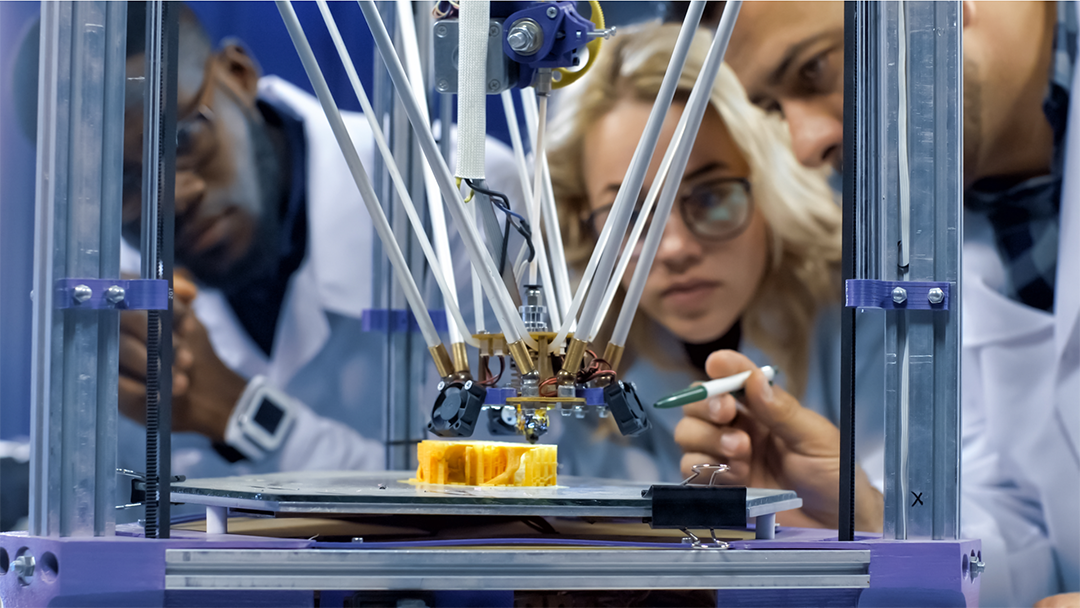Advanced Materials: Innovative Substances
Why space exploration is growing and hardware is shrinking

Our “Science Strikes Back” series introduces some of the most exciting, forward-leaning venture investment sectors in deep tech.

Our Deep Tech Fund co-invests alongside established deep tech venture firms in companies taking on the toughest and potentially most lucrative technological challenges. Our point of view is that the need has never been higher for scientific thought and innovations tackling hard problems. The fund is now open! Click below to learn more.
Deep Tech Focus #8 – Advanced Materials

Defining the Space
Advanced materials are new or enhanced materials engineered with unique or superior properties compared to conventional materials. Advancements in materials are why lightbulbs rarely need to be replaced, space exploration is growing, and hardware is shrinking.
Advanced materials cover a range of innovative substances such as semiconductors, ceramics, biomaterials, metals, nanoengineered materials, composites, etc. To create them, specialized processes and synthesis are used, employing chemistry, physics, biology, and more.
How advanced materials compare to conventional materials:
- Stronger
- Less weight
- Harder
- More malleable
- More durable
- Superior thermal, electrical, optical, or chemical properties
- Other new/improved functionality
There are issues in producing advanced materials such as safety, expense, material availability, and production scalability. But advanced polymers, composites, and steels are bringing down costs. And advanced materials keep improving, making the value proposition ever more attractive.
In Our Portfolio
AVG Portfolio Companies in the Advanced Materials Sector
These are just a few of our portfolio companies advancing the tech of AI and machine learning:
- Arris Composites: Developer of next-gen composites for mass market applications designed to address the scalability problem of 3D printing and the steep costs and limitations of composite manufacturing
- Mighty Buildings: Stealth company working on very interesting technology in the construction 3D printing space
- NeuSpera: A clinical-stage bioelectronic medicine company developing miniature implantable devices that can be used to treat chronic and debilitating disease
- RayVio: A health and hygiene company providing innovative ultraviolet light-emitting diode disinfection solutions in water, air, and surface environments

AVG’s Deep Tech Fund invests in a venture portfolio of companies on the cutting edge of innovation. Our point of view is that the need has never been higher for scientific thought and innovations tackling hard problems. The fund is now open! Click below to learn more.
Contact [email protected] for additional information. To see additional risk factors and investment considerations, visit av-funds.com/disclosures.